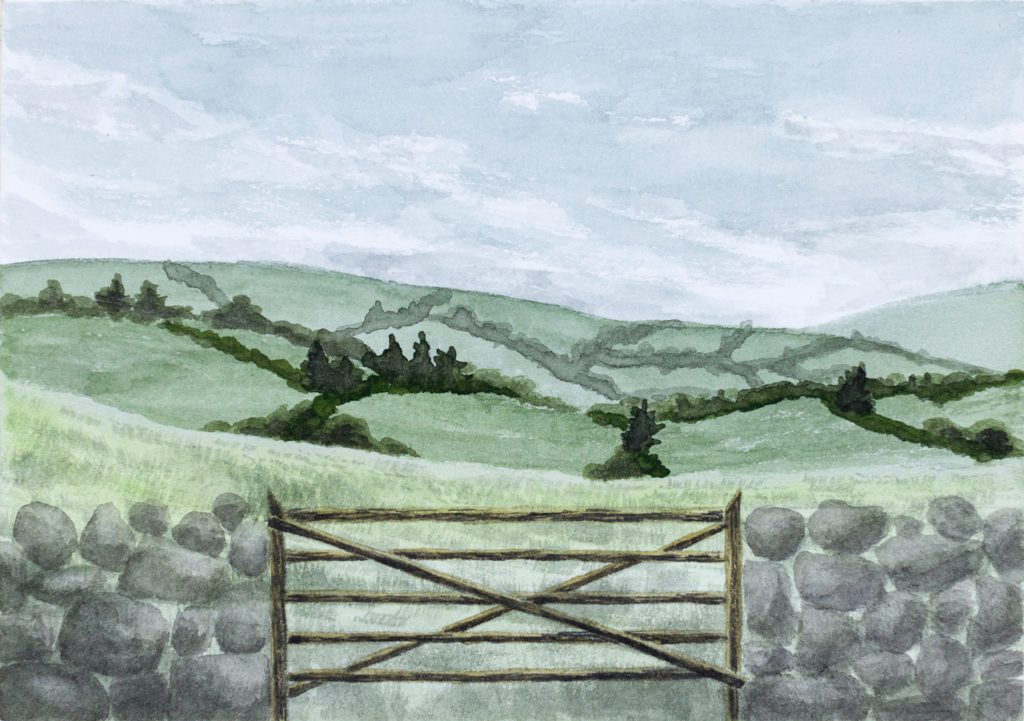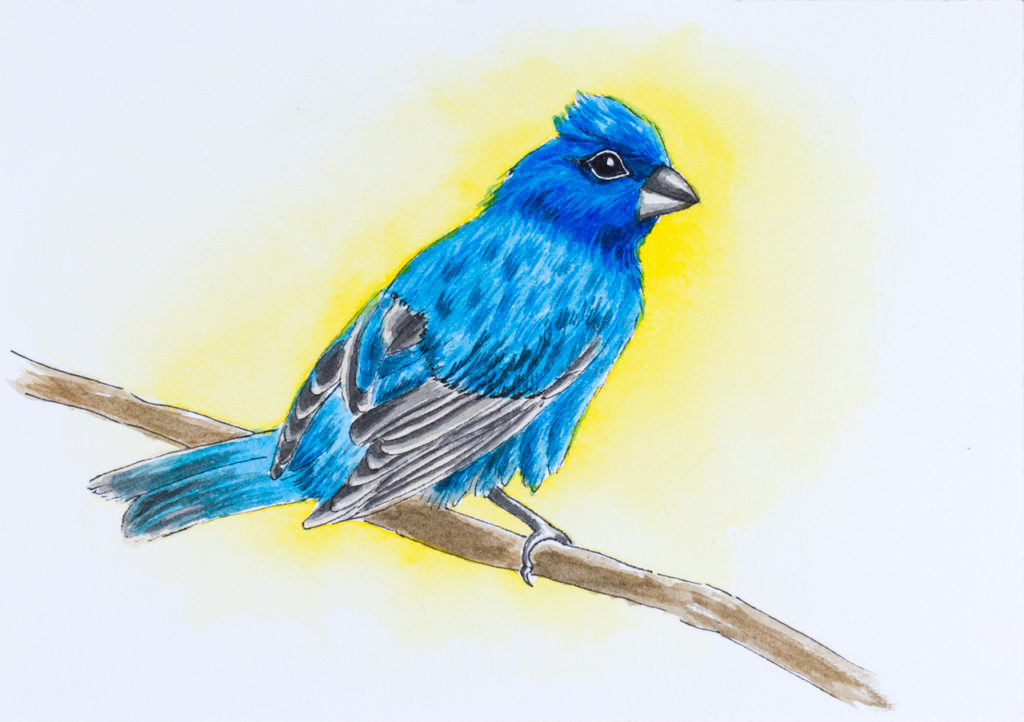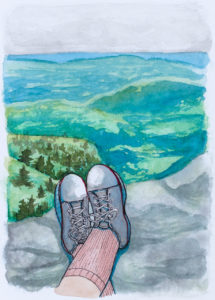SATB Choir. 5 mins.
Commissioned by Emmanuel Music.
Perusal Score
Score available for purchase. Please direct inquiries to Nell Shaw Cohen at nell@nellshawcohen.com.
Program Note
J.S. Bach’s cantata Schauet doch und sehet, ob irgend ein Schmerz sei (BWV 46) finds the composer and his anonymous librettist exploring the biblical premise that humankind invites destruction upon itself through its misdeeds. This cantata gives voice to sorrow experienced in the wake of widespread devastation, and urges humanity to seek divine mercy or suffer God’s wrath—so powerfully evoked here in Bach’s depictions of extreme weather, particularly in the stormy bass aria.
Viewing Bach’s cantata through a contemporary lens, I am struck by its parallels to today’s climate crisis. Scientists have reported that 2024 was the warmest year on record, and the first year in which the global temperature has exceeded 1.5°C above the pre-industrial level (per the European Union’s Copernicus Programme). The large-scale degradation of our environment, and the violent processes of climate change that result, such as extreme weather, are the very real and present manifestation of humankind in the process of sowing its own destruction.
In this motet commissioned by Emmanuel Music, I seek to offer a musical meditation on the climate crisis that takes its cues from Bach’s moving evocations of human sorrow and divine wrath. Inspired by the overarching emotional and musical shape of Bach’s cantata—characterized by intense contrasts highlighted in the opening lamentation and wrathful fugue, the storm bass aria, and the closing chorale—my piece is structured into three brief, contrasting sections.
The opening stanza of my lyrics, built from paraphrases of Bach’s opening passage from Lamentations, expresses the sorrow that many of us feel; and in particular, the paradox of experiencing collective suffering as a personal grief within our individual, isolated lives. Emphasis and repetition on the word “sorrow” pays tribute to Bach’s mesmerizing treatment of the German Schmerz.
The work’s contrapuntal middle section evokes the destructive powers of our climate out-of-balance, recounting natural forces and extreme weather events that Earth has experienced with increasing frequency and intensity in the recent past.
The final section takes the form of a heartfelt prayer for mercy. In my work, this prayer is directed not to the divine but instead towards human civilization itself: a plea to the collective to change our course, to have mercy on ourselves by using the tools and knowledge that our global society has within its grasp to reform our relationship to the planet.
Text
Be there sorrow like my sorrow?
(Grief for the past)
Is your sorrow like my sorrow?
(Grief for the present)
Is this sorrow all our sorrow?
(Grief for the future—
My, your, our future)
Wind, water, air, and land
Heat, fire, ice, and snow
We are at their mercy
Cyclone, hurricane, flooding, freeze
Landslide, wildfire, hunger, drought
We are at their mercy
Please show us mercy
We must show mercy
To mend our sorrow
We know what we need
But will it be done?
(Wind, water, air, and land
Heat, fire, ice, and snow)
We must show mercy
To mend our planet
We know that we could
But will it be done?
(Cyclone, hurricane, flooding, freeze
Landslide, wildfire, hunger, drought)
We know what we need
We know it could be done
We must show mercy
Please, we must show mercy on ourselves
And will it to be done
“Mercy On Ourselves” Copyright © 2024 Nell Shaw Cohen.
Performance History
Emmanuel Music (Ryan Turner, Director), Emmanuel Church, Boston, MA, 3/16/25.


